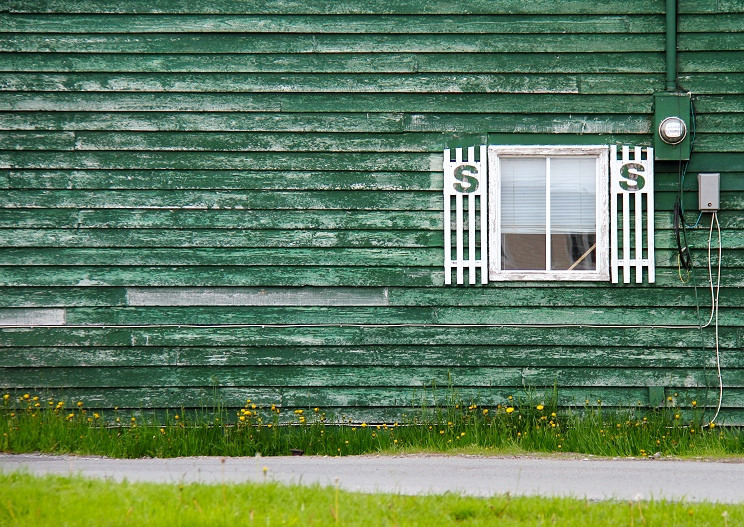There’s Some Weird Stuff In Your Homeowner’s Insurance Policy

No lava here. For now. (Karen Chappell)
Insurance policies are very, very specific about what they do or don’t cover. How specific? Goldstein’s policy and most others, will cover the loss of his home and possessions if a volcano spews lava into his house, but not if it is destroyed by a missile during a declared war. If there’s no war on and his house is struck by a missile, then it’s covered.
There are good reasons for these seemingly random distinctions between what insurance will and won’t cover. One of those reasons is “moral hazard,” which is why insurance companies don’t cover, say, bedbugs. Otherwise, you might haul in furniture from the street and not take sensible anti-bedbug precautions.
The other reason is “correlated risk,” the risk that other homes would also be destroyed at the same time as yours. Think of it this way: your house or your town being hit by a missile when there’s no war is pretty unlikely, and might be an isolated incident. If someone has declared war on the United States, your house and your town probably won’t be alone.
Here’s another way to think of it: spelling things out in an insurance policy pre-empts lawsuits. A 23-page insurance policy is 23 pages’ worth of things that won’t end up in court if there’s a dispute between you and your insurer.
Bedbugs, Lava And Bowling Balls: Inside My Homeowners Insurance Policy [NPR]
Episode 570: The Fine Print [Planet Money]
Want more consumer news? Visit our parent organization, Consumer Reports, for the latest on scams, recalls, and other consumer issues.

